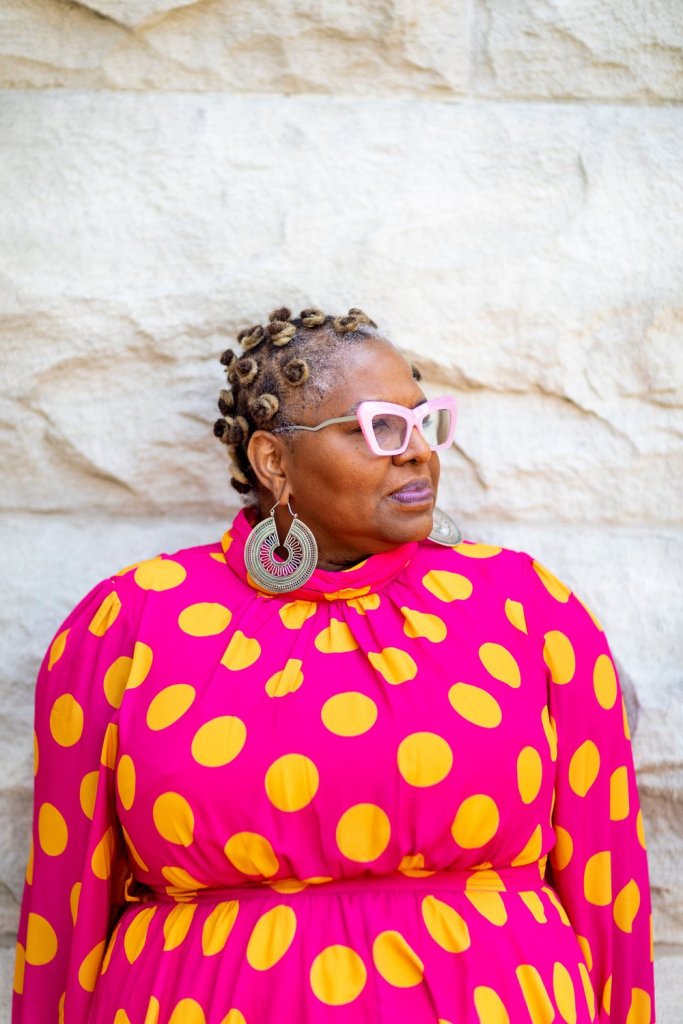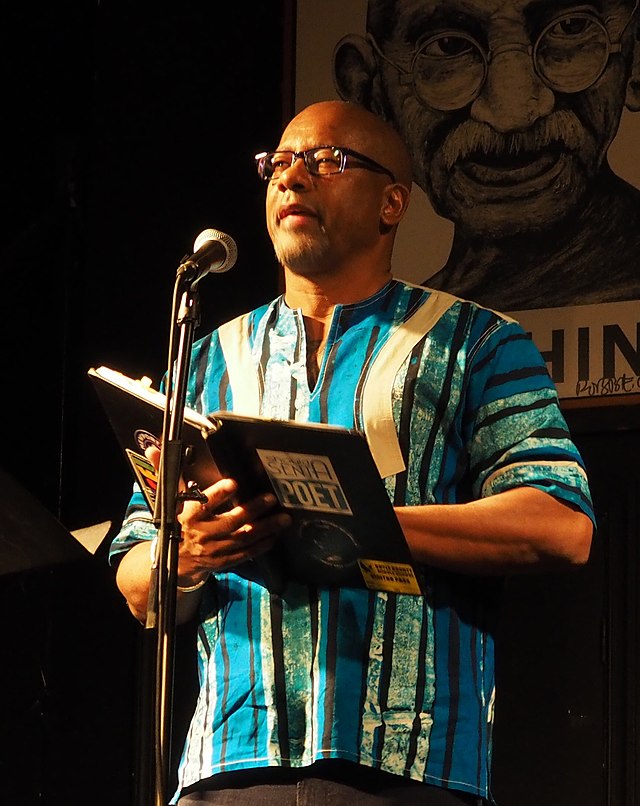For those of you in the UK who were born in the 50s you may have seen the US TV show Beverly Hillbillies, embodied in the Clampett family, who became rich through the discovery of oil, as the lyrics of the theme tune demonstrated.
“Let me tell you a story ’bout a man named Jed: Poor mountaineer barely kept his family fed. … and then one day he was shootin’ out some food … and up from the ground came a bubblin’ crude.”
For those of us born a little later, the 1973 film Deliverance was another gateway to the life of Appalachian poor. A film about some city men who want to experience the back woods and rivers of the countryside but bump up against ‘rednecks’ (‘squeal like a pig boy’- if you know you know), and most famously where one of the men plays guitar with a young local boy on the banjo who outplays him; known as the duelling banjos scene.
For those of us born a little later, the 1973 film Deliverance was another gateway to the life of Appalachian poor. A film about some city men who want to experience the back woods and rivers of the countryside but bump up against ‘rednecks’ (‘squeal like a pig boy’- if you know you know), and most famously where one of the men plays guitar with a young local boy on the banjo who outplays him; known as the duelling banjos scene.
In these programmes and films, Appalachian people are seen as uneducated, poor and unlawful. A lot of very good Southern gothic literature comes from the region, and Savanah Alberts has written a great article, ‘Hootin’ and Hollerin’: The Portrayal of Appalachians in Popular Media, which kicks back against the negative stereotypes.
What is most striking to me now looking back, is that all the characters were white. Yet, African Americans make up 10% of Appalachia (a long spine of mountain area from central Alabama, northeast into southern Canada). For a hundred and fifty years, African American Appalachians have had to fight just to be noticed. This began when the first celebration of emancipation in America took place in the small town of Gallipolis Appalachia, on the Ohio River on September 22nd, 1863.
What filled this gap in my knowledge was reading Crystal Wilkinson’s collection Perfect Black, in which she explores her identity of being poor and black in Appalachia. In the opening, aptly named poem, ‘Terrain’, she describes herself in relation to the area.
“I am plain brown bag, oak & twig, mud pies & gut-wrenching gospel in the throats of old tobacco brown men….. I toe-dive in all the rivers seeking the whole of me, scout virtual African terrain sifting through ancestral memories, but still I’m called back home through hymns sung by stout black women in large hats & flowered dresses….All roads lead me back across the waters of blood & breast milk, from ocean to river, to the lake, to the creek, to branch & stream, back to sweet rain, to the cold water in the glass I drink when I thirst to know where I belong.”
Wilkinson is part of a poetry collective known as The Affrilachian Poets. The term Affrilachia was coined by fellow poet, Frank X Walker in 1991 to address the gap in knowledge of the African American experience in Appalachia. In his own collection, Affrilachia, the poem Statues of Liberty, conveys the hard life of his mother. ‘mamma scrubbed/ rich white porcelain/ and hard wood floors/ on her hands and knees/ hid her pretty face and body/ in sack dresses/ and aunt jemima scarves/ from predators/ who assumed/ for a few extra dollars/ before Christmas/ in dark kitchen pantries/ they could/ unwrap her/ presents’
The collective has being going for over thirty years and celebrated its 25th anniversary with the anthology, Black Bone. Other poets in the collective include, Nikki Giovanni, and Bianca Spriggs, amongst others. Here is a Book Riot article on seven collections from the collective. Finally, if podcasts are your thing, there is a great series called Black in Appalachia.


